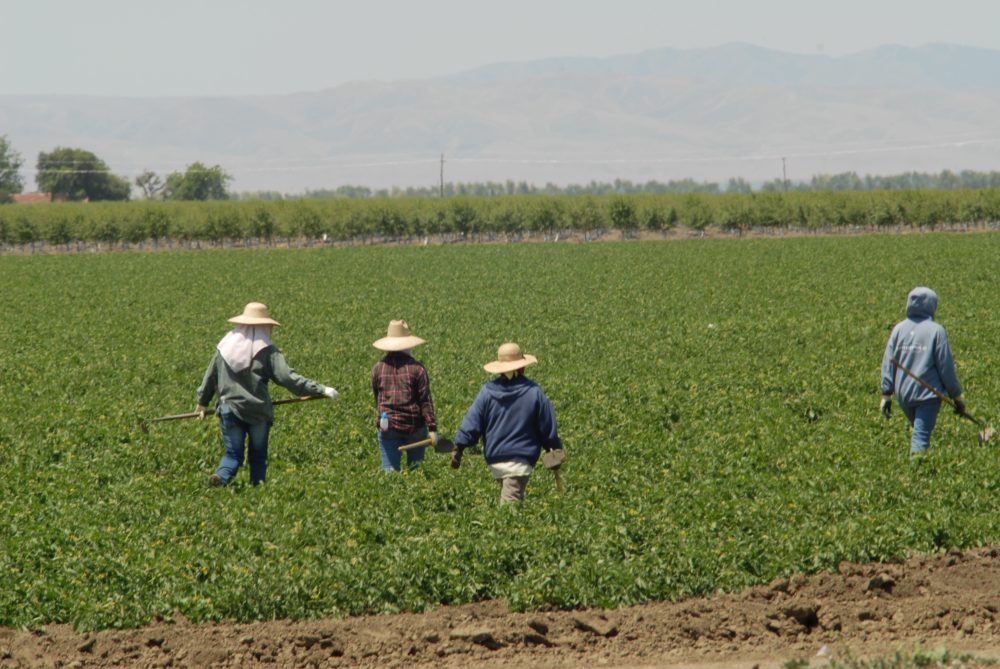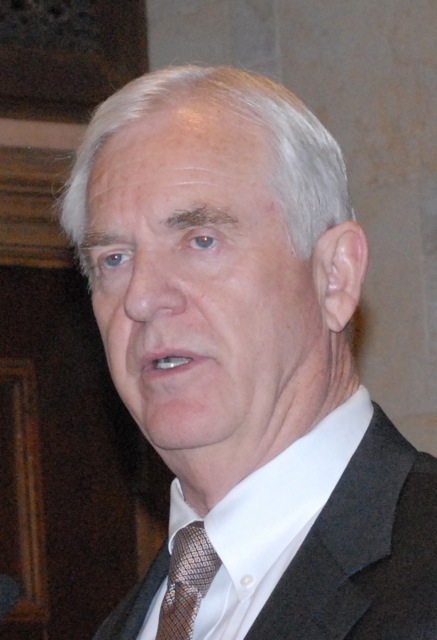Pushing for Immigration Reform
The Unrelenting Push for Immigration Reform
By Laurie Greene, Editor
Tom Nassif, president and CEO of Western Growers Association is frustrated with the lack of immigration reform. “In 2013, we finally got a bill passed in the United States Senate. The reason we got it passed in the Senate is because we supported the pathway to citizenship; the other things we could work out,” Nassif said.
“However, in the United States House of Representatives,” Nassif continued, “they didn’t want a pathway to citizenship. They weren’t even sure if they wanted a pathway to legalization,” he noted.
“Most people didn’t even want a border security bill coming to the floor for a vote in the House because they didn’t want any immigration reform—whatsoever,” said Nassif. “They were part of that ‘send them home crowd.’ Anything you did, even if it was putting them on probation or fining them—whatever we did—was still considered amnesty. That is not amnesty. What we have today is amnesty because we’re not doing anything about it,” he argued.
Nassif had a mixed opinion on the recent Supreme Court of the United States’ 4-4 ruling against President Obama regarding his expansion of the Deferred Action for Childhood Arrivals (DACA) and Deferred Action for Parents of Americans and Lawful Permanent Residents (DAPA). “In a way, it disappointed us; in a way, it didn’t,” Nassif commented.

Immigration reform should not be done by executive order, according to Nassif, as President Obama was trying to do. “It should be done by the legislature. They have the responsibility and the duty to pass immigration reform,” he said.


















